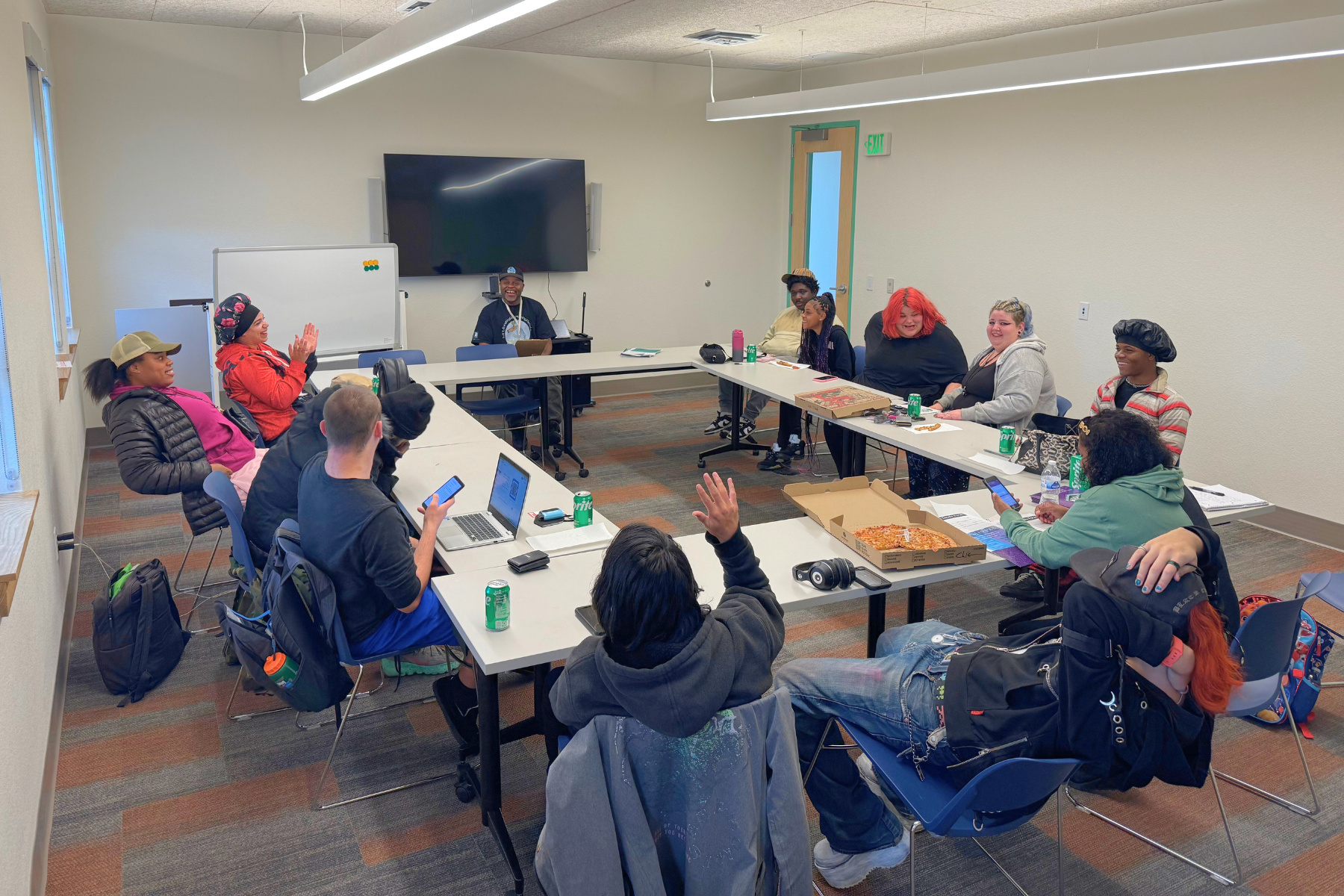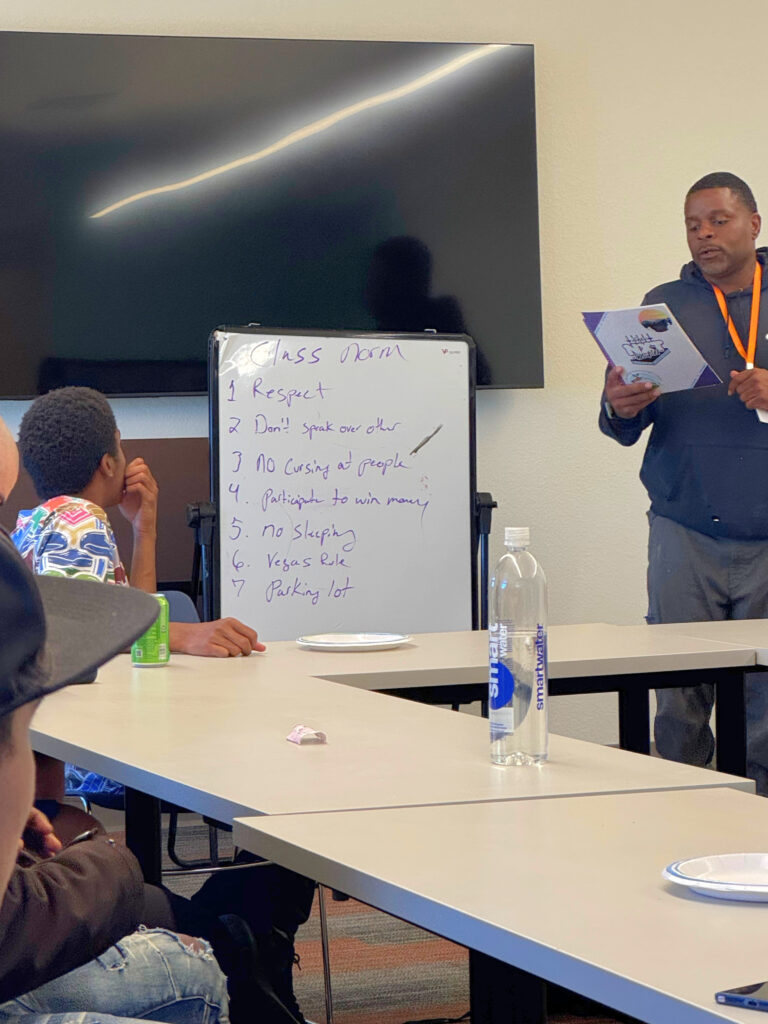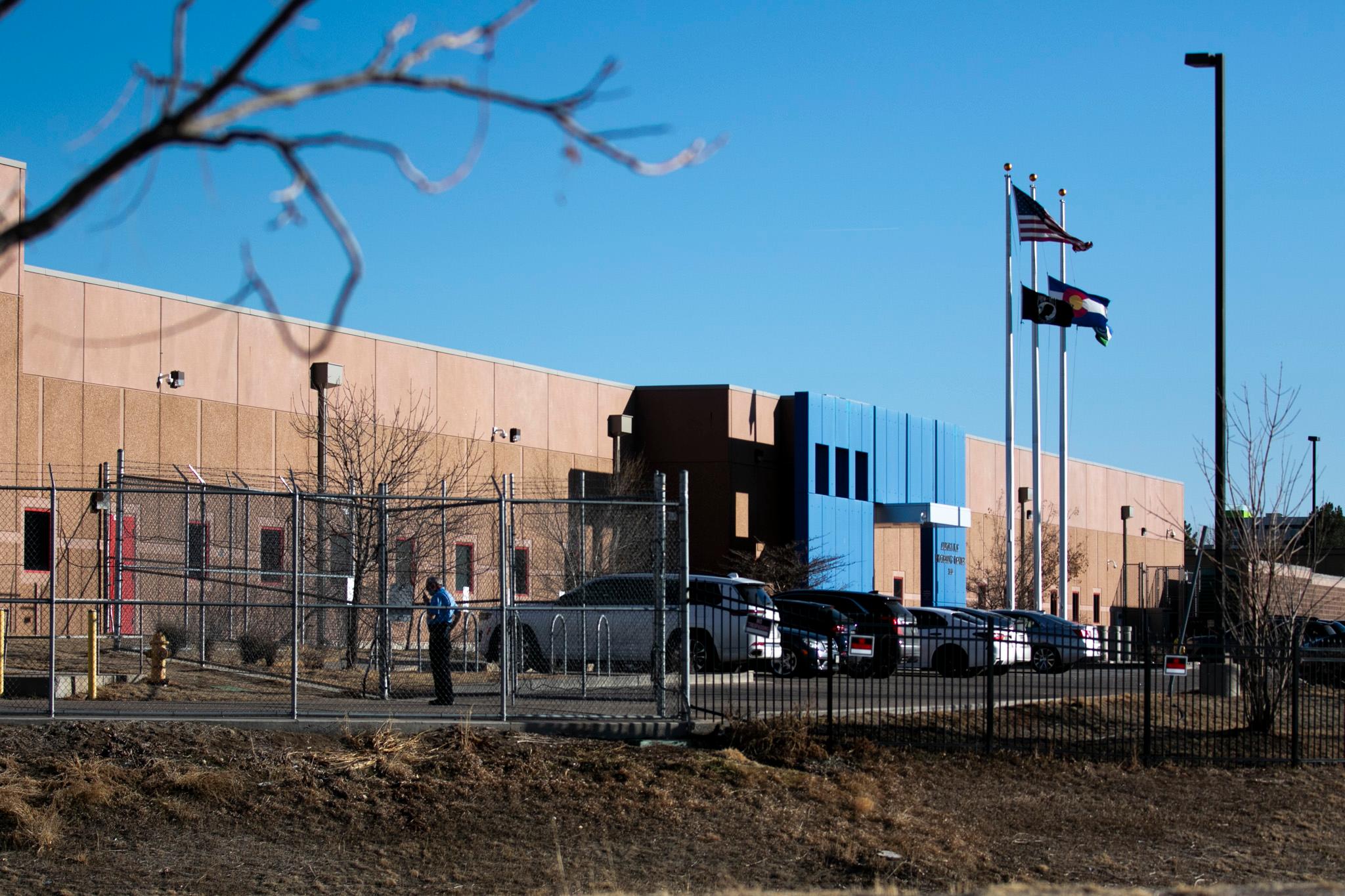
Despite state investments in prison job training programs, most Coloradans who come out of the criminal justice system struggle to find work upon release. But a growing number of peer-led organizations are working to make second chances more possible.
Ken Harris, youth director of NXT Chapter, knows the challenges firsthand. After serving ten years, Harris struggled to find work and housing.
“We had to go all over the city just to get simple things like IDs or bus passes,” he said. Now, his Denver-based nonprofit provides a one-stop shop for justice-involved individuals reentering society.
The barriers are steep. A Colorado Department of Corrections dashboard shows more than 17,000 people are currently incarcerated. And nearly 60 percent remain unemployed a year after release, according to the Prison Policy Initiative.
Darrell Bumphus, a certified peer recovery coach, faced rejection despite holding several national certifications and vocational training.
“If I didn’t have confidence, it would’ve destroyed me,” he said. Now, he uses his experience to help others find their purpose.
Peer recovery coaches with lived experience can provide valuable support to others reentering society, he said. Bumphus had been a part of the justice system since he was 11 years old. Kelly Mahana, a friend whom he was incarcerated with, founded Authentic Recovery Homes in 2020 to help men recover from addiction. And that ultimately gave Bumphus a job opportunity after his most recent release in 2023.

A 2024 study from a Wharton School professor found that people who have been incarcerated, especially Black men, start their own businesses to avoid facing barriers to employment. Previously incarcerated individuals are 5 percent more likely to start their own business, compared with the general public.
Bumphus also got support from a longtime community advocate, Candice Bailey. Bailey has helped pass more than 30 laws that impact justice-involved people. In 2021, she tried to run for Aurora City Council — but city code disqualified people with felonies from holding office. A judge ruled the Aurora city code violated the state’s constitution and couldn’t be enforced.
She said having a president like Donald Trump who is also justice-involved is “a double-edged” sword, and makes her think back to her own journey.
“Given the climate of our current administration at the federal level, we have for the very first time a president who was a convicted felon,” she said. “And my lawsuit actually ensured that he made it on the ballot here in Colorado, strangely.”
As more justice-involved people are stepping into roles as leaders, advocates and business owners, they’re challenging the systems that have once shut them out and are supporting each other along the way.
“You don’t tell someone how to heal from something you've never been hurt from,” Bailey said. “I often say, ‘Your expertise is your experience, and your voice is more important now than ever.’”
For more on this story, listen to this week’s episode of Real Talk with Denver 7 and CPR News.









